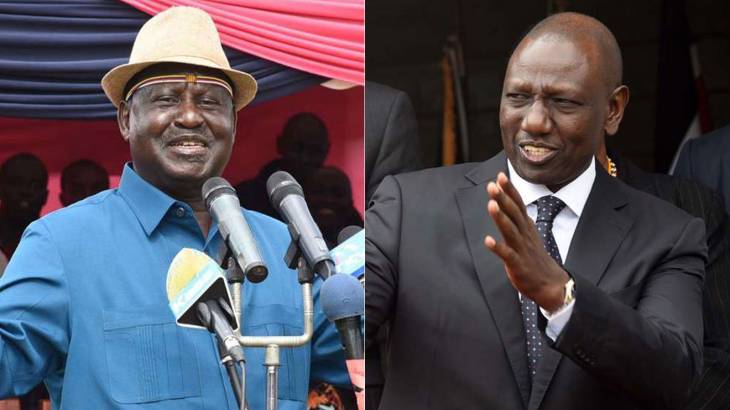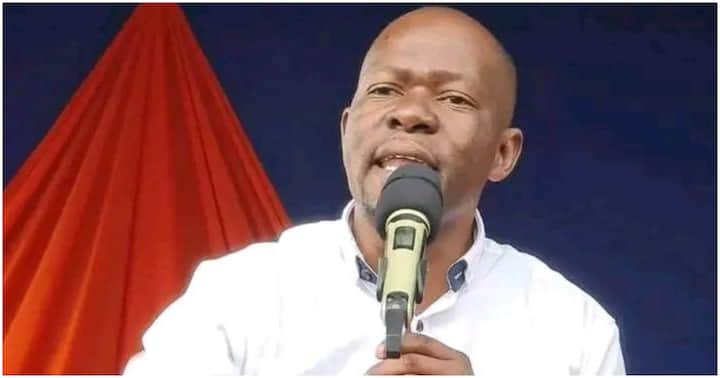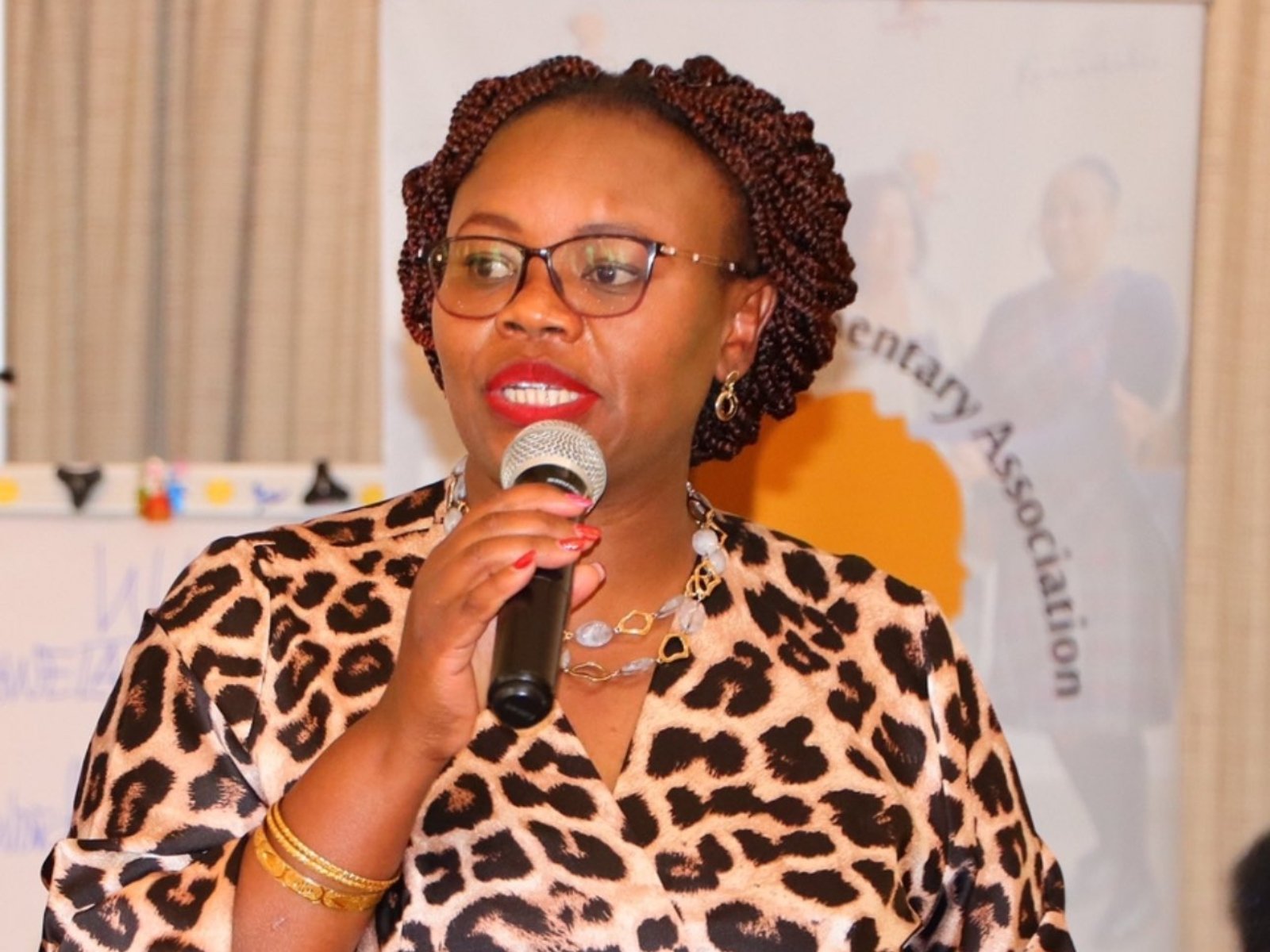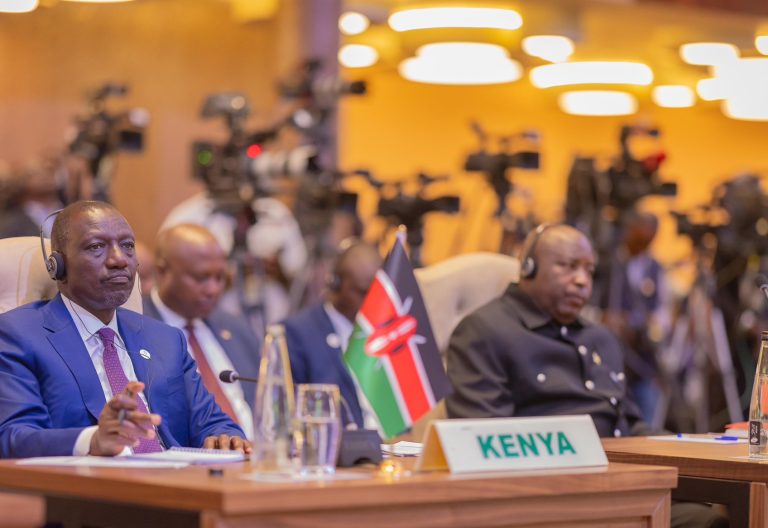Give interest groups chance in coalition-based elections

As August 9 nears, the electoral contest is narrowing down to a two-horse race, Azimio and Kenya Kwanza coalitions. The laws provide for the inclusion of special interest groups in the electoral process, which include women, persons with disability, youth and other ethnic marginalised communities.
The political contest is between coalitions and this in its nature poses challenges to the participation of the special interest groups, and may reverse the gains made for inclusion.
The special interest groups are disadvantaged by either age, resources, or marginalisation. They have experienced challenges in the form of violence and lack of resources to finance campaigns when contesting within individual-based parties. It is also expected as experienced in the past the formation of coalitions will provide a more challenging environment for the special interest groups. This analysis provides how special interest groups, coalitions and stakeholders can navigate the inclusion challenges to ensure increased special interest groups in both elective and appointive positions.
Firstly, is to establish and strengthen the coalition parties’ special interest group leagues or congress. Initially, special interest group leagues were coordinated at the party level. With the formation of the coalitions, there is a need for umbrella special interest groups leagues that will play the role of encouraging and amplifying the special interest groups issues to participate and seek both elective and appointive positions at the coalition level.
Secondly, development of special interest groups friendly coalition party nomination rules. It’s expected that coalition parties will develop and submit nomination rules to IEBC as part of their documentation before aspirants face off for coalition tickets. Already some of the proposed approaches to nomination include consensus among candidates, direct nomination, use of delegates, and universal suffrage by the party members. Regardless of the approaches used, coalitions have obligation to ensure special interest groups’ rights for participation are safeguarded through, “special interest groups friendly rules’’ through substantive documented cost waivers, and ensuring 2/3 gender rule is strictly adhered to in all coalition party structures at the National and grassroots level. However, the coalition parties must put in place implementable mechanisms.
Thirdly, the inclusion of the special interest group in the key coalition secretariat both at the national and grassroot level; the coalition secretariats are already forming, and it’s always said, if you are not on the table you are part of the menu, therefore there is a need to ensure that special interest groups are included in the coalition secretariats, National Executive Committees (NEC), Coalition Election Board, dispute resolution structures more so at the grassroots or sub-branch level.
Fourthly, ensure that the parties implement the laws on inclusion, Office of The Registrar of Political Parties (ORPP) and Independent Electoral and Boundaries Commission (IEBC)are key players in ensuring Articles 54(2) of Kenya’s Constitution on the progressive implementation of the principle that at least five per cent of persons with disabilities are included in elective and appointive positions in the public office.
Lastly, development partners should consider working with smaller parties in strengthening their capacity. Kenya has 85 registered parties, therefore, development partners should come up with a mechanism to support small parties. Smaller outfits present more opportunities for the nomination of special interest groups as opposed to bigger ones.
All said and done special interest groups have the responsibility to ensure their members continuously reposition themselves as the stronger candidates in the forthcoming election.
However, there is a clarion call that the government through its agency IEBC, ORPP and security agency have a role to ensure a fair playing ground is provided for free, fair and peaceful elections.
The writer is PhD Candidate, (Governance, Democracy and Social Impact)
Traditionally, among the Luo community, a man’s ability in taking care of a woman was scaled on his physical power—whether he could wrestle the girl’s brothers and make away with the woman who seized his heart. This was then. When a man was allowed, under the custom laws, to marry as many wives as he could. Like in other African traditional contexts, this was when a man was in total control over a woman and no culture favoured a woman to raise her authority over a man. The confidence of a man was basically pegged on the size of his family, a situation that enticed many to the luxury of betrothing a number of women as a means of creating a strong and vast lineage. This is when man was man.
Polygamy, practised over generations by African societies, has had merits and demerits as well. One, that a man’s family tree would grow wide and vast and get strongly represented in clan matters, for majority voices the best and designs decisions. Second, it is seen as a way to control a man’s infidelity in case one is lactating and or maybe as proof of a man’s ability to unite and govern a larger family.
We can debate whether or not polygamy is good till our lips and tongues crack but believe you me; I won’t be on the positive side. The point is when it comes to the question of family unity then I’d rather settle for monogamy or celibacy, it is African, too.
It’s a fallacy that ‘behind every successful man, there’s always a woman’. Women have always been associated with the worst. They are always strong for only what favours them and this could be the reason why many social groups have come up to battle for women’s space in the society. In their quest to be identified, they have failed to guard their matrimonial roles.
Considering the role of the [African]wife as a mother, partner and member of different societal classes which has greatly been compromised by absence of total blood relationship within their matrimonial fixtures, it is therefore [unless otherwise contradicted] substantial to pen that women has over time been the forces behind most families’ downfall. Noting that these women come from different places and family backyards, they are raised and modeled differently. They come into their husband’s families as total strangers without any blood relation with any other member, save for the children they sire in those families. Including their husbands, everyone is just like any other person they can meet on the street, talk to and then shed black any of their memories.
Women are strangers in our land but society demands we have to live with them as dictated by nature. This is why they find it very easy to poison a good relationship, peace and tranquility that have existed in a family to the detriment of a family. One mr.Jerim Jadola attributes the agonies of extended families to having more than one wife, in which case each wife will desire only to see her children prosper, except for rare cases. For disunity among brothers, this is also brought by the effects of their wives who disagree on petty issues and uses their influential charm to drag their husbands into this kind of hatred.
Many will attest to the fact that their mothers had at some point in time prohibited them from visiting their uncles’ and aunts places citing reasons [at that time] that were for their own interests. Take it to the biblical stories. Jacob and Esau’s good relation was suffocated by their mother’s own desires, when she preferred her younger son over the eldest. Women are proponents of egocentrism, selfishness and will always boast of their own. For this, they have greatly failed to live up to their Biblical role of being helpers to a man, pillars of a family and centrifugal forces that builds up an all rounded society. They instead have become socialites and artists of hatred and animosity that degrades the families they get married to.
In view of these, allow me say women are not good people in all descriptions, including my mother. We therefore should use our independent minds in decision making on matters that affect our families and not what their thoughts wants of us. If we allow them into our minds, then just like aphids do to our crops, they will erode the good relationships in our families. Before saying yes to their suggestions, at least makes a pragmatic scrutiny of the options and the effects then after.
— Story Credit /Email here














